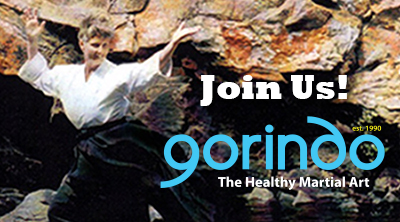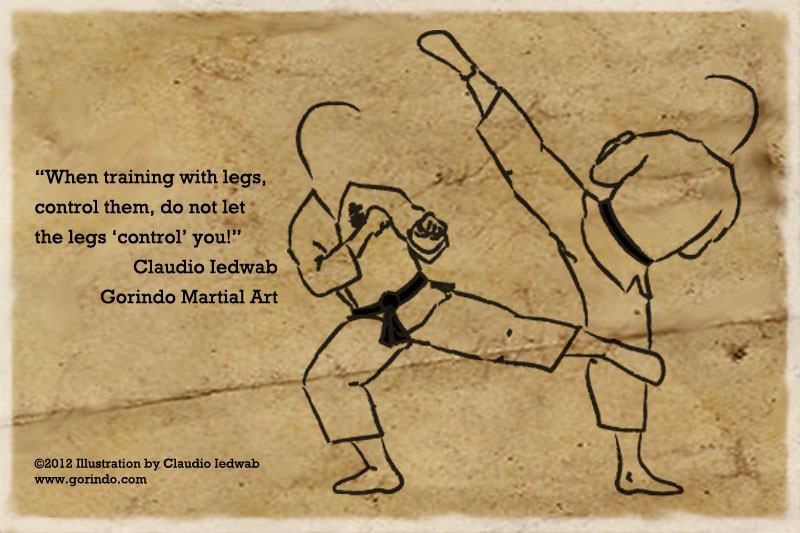Find your first dojo
What is some good, simple, advice that I can give my friends who are interested in investigating their first dojo and martial art? Some advice that will help them find a club and a practice that will suit their temperament and expectations. - Michael - USA
It's a marvelous idea to enroll at an early age in a martial art program. Six years old can be a good age to start, depending on the individual. Some may start younger than that, but it really depends on the individual. Some they are not yet ready even at "twenty eight".
However, encourage him/her but don't "push" them to start. Gymnastics or swimming are a good background while he is waiting for his "sixth birthday party".
He/she will require a certain degree of attention span, but if the class is conducted in a friendly and inviting manner, it will create by itself the elements needed.
Similarly, with adult friends, don't be too pushy. People will get a negative feeling and resist unnecessarily if you are too keen. You don't want them thinking you are driving them into a cult! Present them with some good info and your enthusiasm. Offer to have them come visit or try a class at your school sometime but leave it open and let them be. As they observe your increased health fitness and focus they might want to try it themselves.
What should they look for in a martial arts establishment / "school"?
Please, refer to our answer 3 in learning & teaching's archives.
They should trust in their instincts, and don't let any "shopping mall" venture eclipse their gut reaction. Ask questions! Don't let any front desk person be the only one who provides them with information. He or she can have a better selling speech than the teaching methodology of the eventual teacher. Ask if it is possible to observe a class in progress at the level and age group of the interested person.
Don't hesitate to ask the school's teachers anything. Good teachers never mind answering questions, but be patient, they are also very busy people and their current students must come first.
Helpful hints:
- What will he learn and when?
- What program is the school following?
- What rhythm and intensity do they use in the class?
- Are they expected to participate in tournaments?
- Are beginners and advanced students participating together?
- Who will be in charge of the class?
- What about his/her experience?
Any assistant instructors? (Watch-out for the "shopping mall teens teacher", they can be very keen when helping others, but the chances of their lack of pedagogic elements are great.)
- Do they participate in tournaments at a very young age?
- How do they handle disciplinary matters?
- Do they allow parents to observe the classes?
- Are the facilities safe and clean?
- Do they have parent/teacher's conferences about their student's progress?
- Be sure how they handle any tuition arrangement.
Remember that before you enroll him/her, both of you visit the school several times, and during the schedule that it might be his.
Future tip: it is very important that the day that he or she starts that they arrive with plenty of time to familiarize themselves. A trip to look around before the day to begin class is even better. Don't arrive late. Many keen beginners dilute their enthusiasm if they have to come into the training area, dojo, after the class just started.
What "school" would you recommend?
We recommend any martial art as long as they make emphasis in the preservation and improvement of the good health and well being of their participants at any age. A non-competitive approach will provide a solid base for his teens years. Also it will prepared him to take decisions as an individual.
Our written material The Peaceful Way, with appropriate subjects and language to guide a young person in the martial arts, will assist you to incorporate important elements in his martial art.





